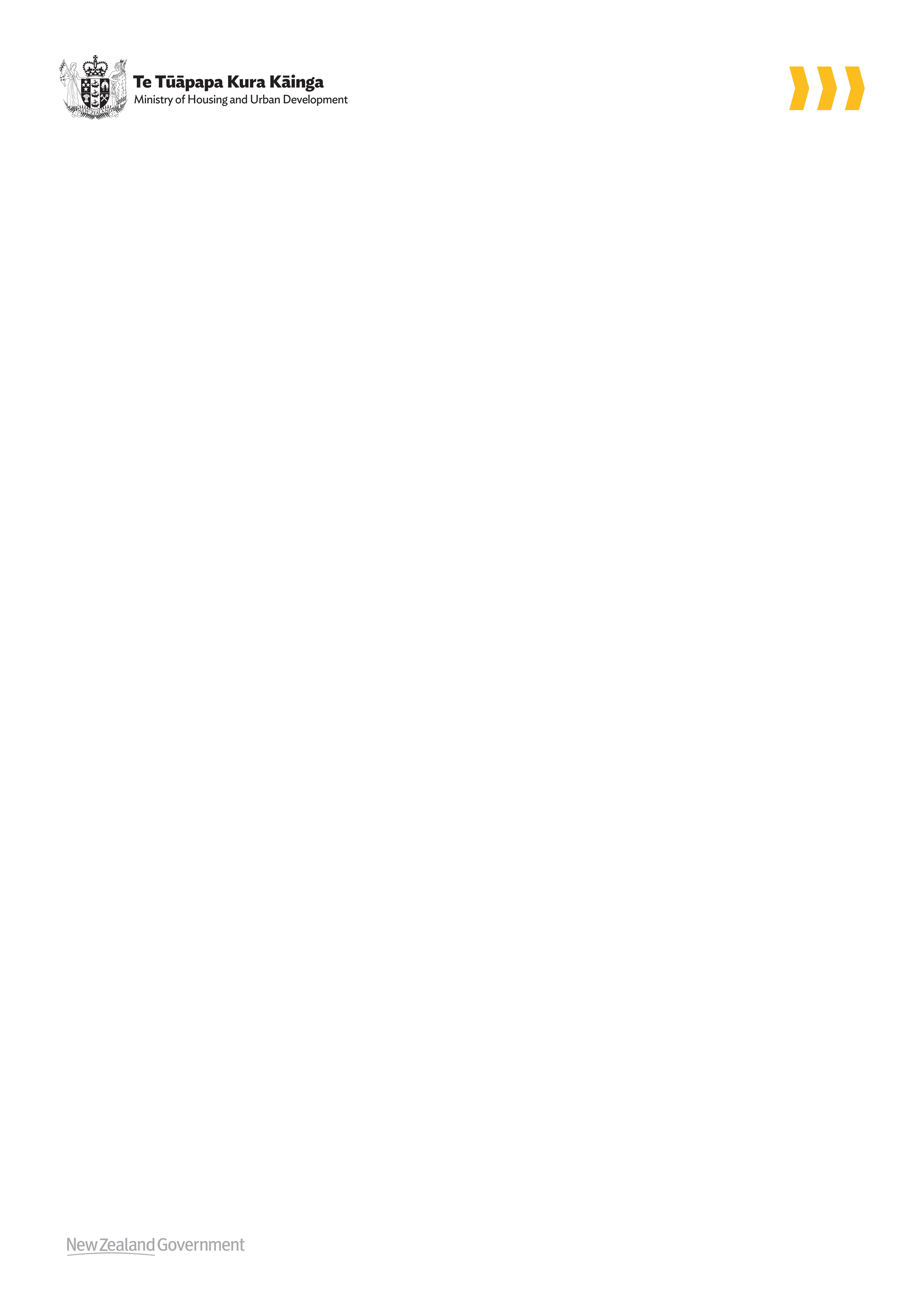
DOIA21/22100651
Ti Lamusse
[FYI request #16955 email]
Dear Ti
Thank you for your request made under the Of icial Information Act 1982 (the Act) to the
Ministry of Social Development (MSD) on 30 September 2021 asking for:
1) What additional support was provided to rough sleepers and other homeless people in
response to the level 4 lockdown in 2020?
2) What was the rationale for providing (or not) this additional support?
3) How much money was spent by MSD on additional support for homeless people in
response to the level 4 lockdown in 2020?
4) What additional support was provided to rough sleepers and other homeless people in
response to the level 4 lockdown in 2021?
5) How did the support provided differ from the previous level 4 lockdown?
6) What was the rationale for providing (or not) this additional support? If this support
differed from 2020, what was the rationale for the different support?
7) How much money was spent by MSD on additional support for homeless people in
response to the level 4 lockdown in 2021?
As you know, MSD partially transferred this request to Te Tūāpapa Kura Kāinga – Ministry of
Housing and Urban Development (the Ministry) for response as it relates to support provided
to people experiencing homelessness. The Ministry is working with community, and Iwi and
Māori providers to provide additional homelessness support and services where needed.
As part of the response to COVID-19 Alert Level 4 in 2020, the Ministry worked with transitional
housing providers, Iwi and Māori organisations to place 1,500 people in 1,200 motel units in
16 locations across the country. This was a concerted effort from agencies and providers to
house people who were experiencing street homelessness or had no other place to live.
Many of these people would have been sleeping rough, in night shelters, or living in parks and
cars, couch surfing or in other shelter that was not suitable for self-isolation. People living
rough or in accommodation where social distancing was not possible were especially
vulnerable to COVID-19 and additional support was necessary.
The Ministry spent $83.7 mil ion between 20 March 2020 and 30 June 2021 to provide support
to those who did not have a warm and safe place to stay during level four lockdown in 2020.
From 1 July 2021 to 27 September 2021, the Ministry spent $19.9 mil ion on accommodation
and services to support those who did not have a warm and safe place to stay during lockdown
in 2021. Please note that these costs stretch beyond just the alert levels three and four
lockdowns as we continue to provide support to those who need it.

The Ministry contacted providers on the night that we went into lockdown this year to
understand any accommodation or support requirements for rough sleepers or homeless and
funded 163 additional units. The collective work done across agencies in response to COVID-
19 in 2020 meant that we were in a much stronger position to respond quickly to the level four
lockdown in August and the ongoing support being provided meant that there was less need
for additional accommodation.
In addition to the support provided by the Ministry and MSD, funding has been made available
to local community groups, including pasifica and Māori organisations, to provide services
such as food and welfare support.
You have the right to seek an investigation and review of my response by the Ombudsman,
in accordance with section 28(3) of the Act. The relevant details can be found on the
Ombudsman’s websit
e www.ombudsman.parliament.nz.
As part of our ongoing commitment to openness and transparency, the Ministry proactively
releases information and documents that may be of interest to the public. As such, this
response, with your personal details removed, may be published on our website.
Yours sincerely
Anne Shaw
Deputy Chief Executive
Housing Supply, Response and Partnerships

